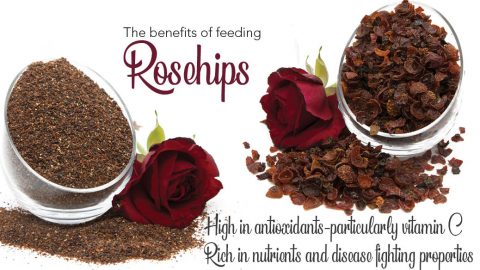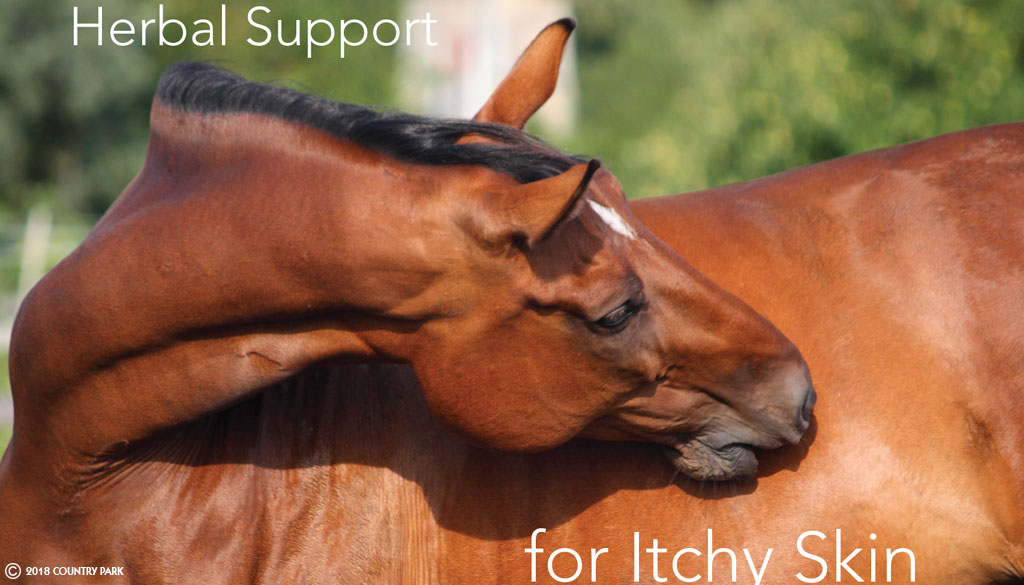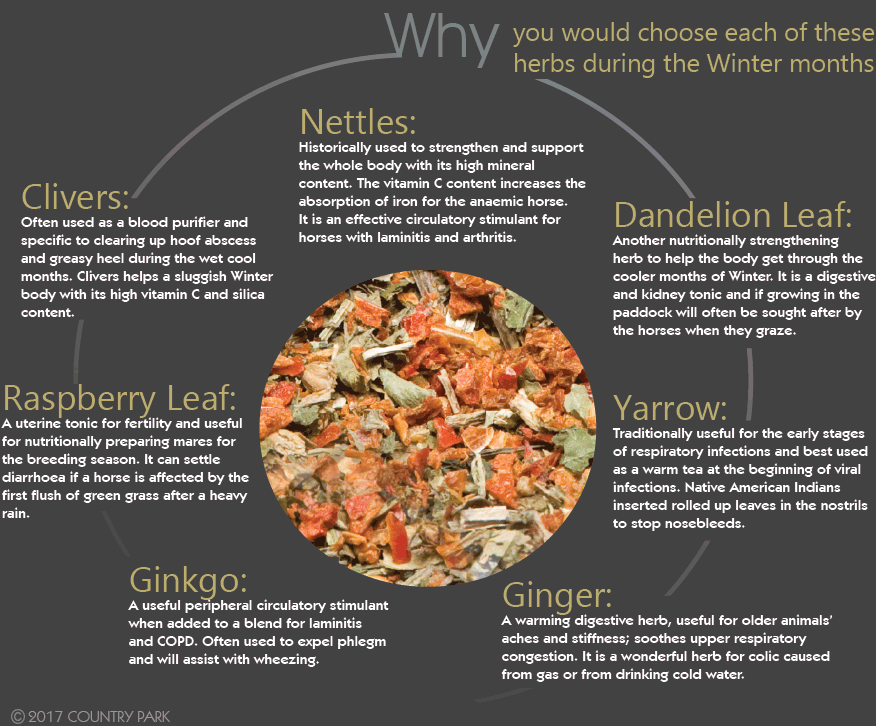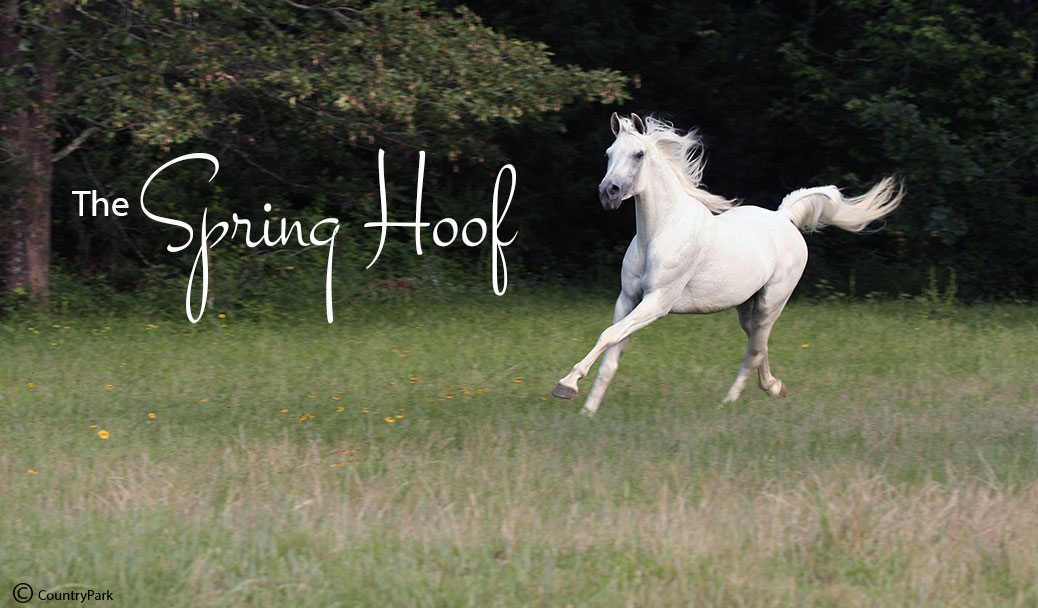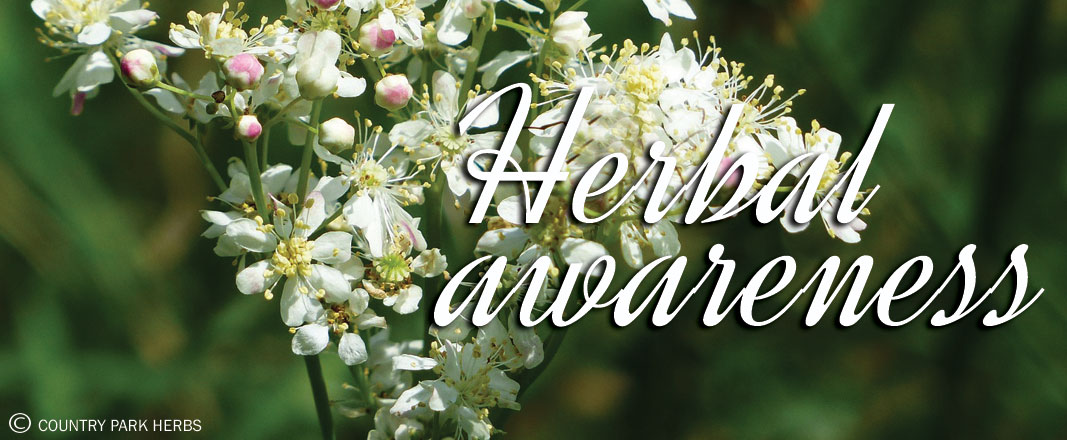“While you can manage every aspect of your horse’s performance, your equine partner needs extra support to stay cool on hot summer days”
With humidity most of us feel heavy, lethargic, sweaty and sticky, unmotivated, irritated, foggy headed, even melancholic. We feel stagnant and uncomfortable.
Like us, our horses have difficulty coping with the combination of heat and humidity. Horses can cool off in dry heat through the evaporation of sweat, but in humid weather sweat just serves to insulate your horse, making him even hotter. Plus, some horses have trouble sweating (anhydrosis) during humid weather, which means they have no way to cool off at all.
Two cooling herbs that can assist horses through oppressive humidity are peppermint leaf and lemon balm.
Peppermint is one of the best digestive aids available if your horse is off his feed due to the stifling heat. It is classed as a general tonic and its stimulating qualities can help recharge energy levels and dispel lethargy.
Lemon balm is historically known as an invigorating yet relaxing herb. It is helpful in lifting a horse who appears ‘depressed’ or ‘melancholic’ from the humidity; or the horse that has become irritable in the heat.
Combining one or both with a liver herb such as dandelion root which is also a cooling liver herb, can balance the endocrine system and in turn assist regulating internal body temperature.
When a horse has anhydrosis, this needs individual attention. Don’t fall into the trap of attempting to use herbs like Western Medicine in a ‘this is for that’ sort of way. You will be more effective in helping your horse if you match a combination of herbs to their way of expressing the issue, their environment, and sometimes their personality.
For some horses a combination of lemon balm, yarrow and fenugreek seeds can be effective; while other horses need hotter herbs such as ginger or garlic, often combined with nettle leaf and seaweed meal. There may also be other issues that could contribute or exacerbate the horse’s ability to sweat where some of these herbs may not be appropriate. For most horses, the herbs may be multi-layered to address each facet.
To assist your horse through these hot and humid months, ensure there is fresh water easily available. Try not to restrict them in stables with poor ventilation, ideally a shady place where there is a possibility of a breeze. This will help their own body’s cooling mechanisms.
Humidity and dampness can also encourage greasy heal and thrush. For issues like this, lymph cleansing herbs such as clivers and calendula flowers help purify and strengthen the skin’s defences to help reduce reoccurrence.
Clivers is well known for clearing up skin ailments. It is rich in silica which improves the skin’s resilience. Clivers is also a primary abscess herb or if your horse suffers from puffy legs with humidity.
Calendula is indicated where the greasy heel has become scabby because it is restorative with an ability to promote circulation to the area. Ancient texts notes calendula as a herb that will bring skin eruptions out faster; it is a natural antiseptic preventing growth of bacteria while healing wounds.
Following the idea of adding a liver herb, rather than dandelion root with greasy heel, burdock root is also a cooling herb and helps the skin with the blood cleansing properties, especially when the skin has become scaly.
For horses that suffer rainscald and thrush in humid climates, a combination of clivers, calendula, burdock root, nettle leaf and garlic can assist.
All of these herbs can be easily added to a small feed dry and are easily digested.
The peppermint and lemon balm will make a relaxing tea for yourself to enjoy, either warm or cold. When giving to your horse to encourage eating, one tablespoon of each into a mug of hot water and steeped for ten minutes should suffice in tempting even the most lethargic horse when poured over feed.
If your horse becomes overheated and acts oddly, they may be suffering heatstroke. This is a serious condition where you need your veterinarian. In the severest cases, it can be fatal, particularly if the horse is dehydrated or lacking electrolytes. Your veterinarian will advise you the best way to cool your horse down and may need to attend.
Peppermint leaf or lemon balm can help regenerate the nervous system after heatstroke in conjunction with rosehips the vitamin C tonic; or the salty tasting nettle leaf full of minerals. If your horse had stomach cramps and colic with the heatstroke, marshmallow root can soothe and cool the gut during recuperation.
You can enjoy riding your horse during these hot and humid months if you keep them well hydrated and avoid overexertion, and provide a shady place to relax. Herbs can then be a part of their summer management as you monitor overall wellbeing.
Disclaimer: The information provided in this article is for educational purpose only. Some herbs are unsuitable with certain conditions, pregnancy, medications, and competition. As this article does not replace medical treatment, seek advice from your veterinary practitioner before using herbs. Consult your governing sporting body when using herbal products to ensure you do not contravene regulations. Copyright: Catherine Bird has been an equine natural therapist for 35 years working closely with Country Park Herbs for over 23 years offering advice to their clients.


